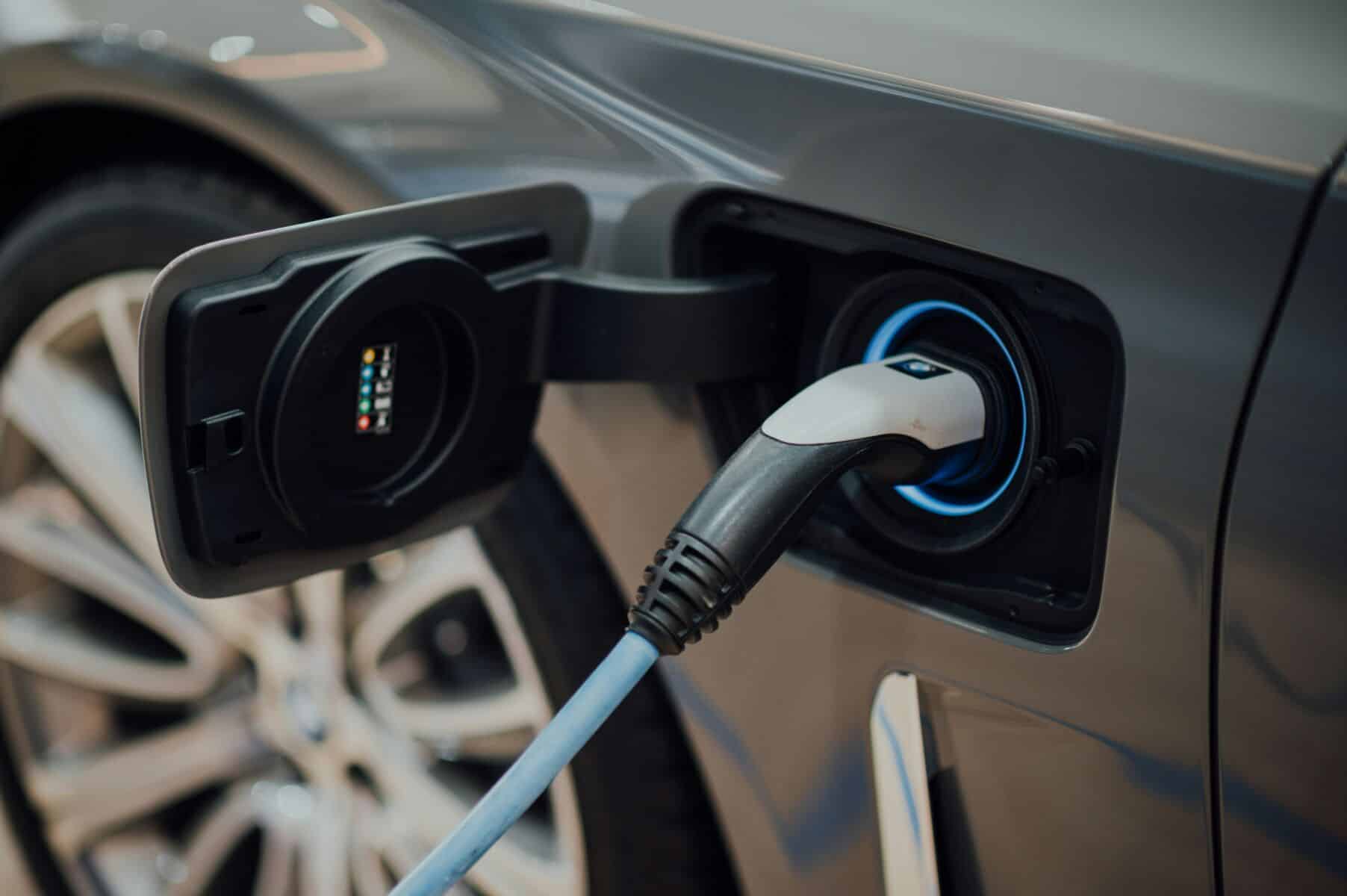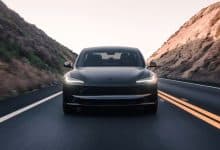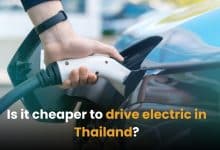Watt’s next: Thailand powers up for electric vehicle revolution

Thailand’s government is committed to transforming the nation into an electric vehicle (EV) manufacturing hub, with a policy focused on stimulating demand to encourage consumer adoption.
Deputy Finance Minister Paopoom Rojanasakul emphasised the importance of building a domestic EV supply to meet this demand.
The government has shifted from internal combustion engine (ICE) vehicle production to an EV focus through the EV3.0 and EV3.5 schemes. These initiatives promote domestic EV production by offering state incentives, including import tax reductions, excise tax cuts, and financial subsidies for EV buyers.
Under the EV3.0 scheme, the excise tax on EVs was reduced from 8% to 2%, with import taxes lowered to 20-40%. Subsidies for EV buyers range from 70,000 to 150,000 baht (US$2,020 to 4,330) per vehicle, depending on battery size, for vehicles priced under 2 million baht (US$57,700).
Pickup buyers receive a subsidy of 150,000 baht (US$4,330), while motorcycle buyers are entitled to up to 18,000 baht (US$520) per unit.
The EV3.5 scheme further reduced the excise tax on EVs to 2%, with import taxes capped at 40%, applicable to cars priced below 2 million baht (US$57,700).
Electric motorcycles
Subsidies were adjusted to between 50,000 and 100,000 baht (US$1,440 to 2,885) per EV, with 100,000 baht (US$2,885) for pickups and 10,000 baht (US$290) for electric motorcycles. A total of 24 manufacturers participated in EV3.0, with eight joining EV3.5.
Paopoom emphasised that government policy aims to stimulate EV demand while creating a domestic supply, asserting that both supply and demand must be addressed simultaneously to avoid failure. He stressed the importance of becoming producers as well as consumers of EVs.
While the government supports the transition to EVs, the industry must balance maintaining the ICE sector with advancing EV development. To facilitate this, recent measures promote hybrid EVs (HEVs) and plug-in HEVs (PHEVs), which serve as transitional technologies towards full EV adoption.
Paopoom noted that some conditions still require adjustment. On December 1 last year, the National EV Policy Committee approved measures to reduce excise taxes on HEVs and mild hybrid (MHEV) vehicles as part of the government’s transition strategy. These lower rates apply to domestically produced HEV and MHEV passenger vehicles with no more than 10 seats.
HEVs will have a fixed excise rate for seven years (2026 to 2032), provided carbon dioxide (CO₂) emissions do not exceed 120 grammes per kilometre. Vehicles emitting 100 grammes per kilometre or less of CO₂ will be taxed at 6%, while those emitting 101 to 120 grammes per kilometre will have a 9% rate.
The Excise Department is also requesting cabinet approval to adjust tax conditions for PHEVs, including removing the previous size restriction for fuel tanks. From 2026, PHEV tax structures will depend on CO₂ emissions and other criteria.
- PHEVs with an electric range of at least 80 kilometres per charge and a maximum fuel tank of 45 litres will be taxed at 5% of the vehicle value.
- PHEVs with an electric range of less than 80 kilometres per charge or a fuel tank larger than 45 litres will be taxed at 10% of the vehicle value.
According to a Finance Ministry source, the tax measures for HEVs and PHEVs will be presented to the Cabinet for approval in April, reported Bangkok Post.
Latest Thailand News
Follow The Thaiger on Google News:


























